558 researchers and university teachers want to rewrite The University Act to focus on the climate crisis
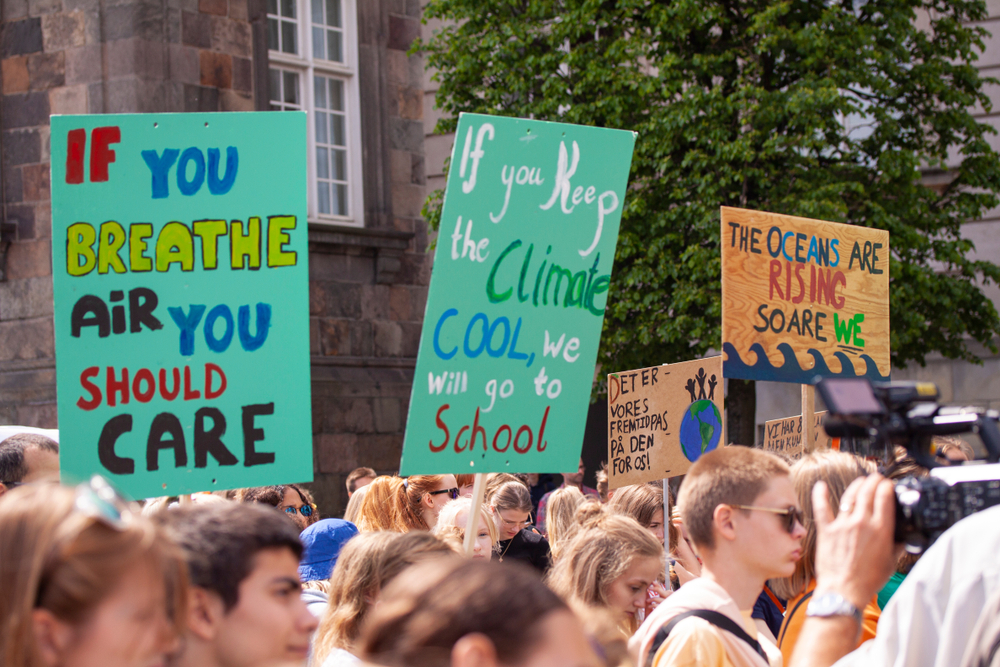
Emil Husted, Cecilie Glerup and Anja Svejgaard Pors have written a feature article and a proposal to rewrite the University Act to focus on the climate crisis. (Photo: Shutterstock)
558 researchers and teachers from the Danish universities and university colleges have signed a proposal to include the climate and biodiversity crises in The Danish Act on Universities. Assistant Professor and co-author from CBS, Emil Husted argues that time is of the essence and calls for collective and ambitious actions.
The preamble of The University Act says that “universities’ research and educational results must contribute to promoting growth, welfare and development of society.”
But according to 558 researchers and teachers from the Danish universities and university colleges, the preamble must be rewritten.
Emil Husted, Assistant Professor at the Department of Management, Politics and Philosophy at CBS, together with Cecilie Glerup, PhD and project manager at the University of Copenhagen, and Anja Svejgaard Pors, Associate Professor at University College Copenhagen, have written a feature article proposing amendments to the preamble that include the climate and biodiversity crises as central problems that deserve more attention in higher education.
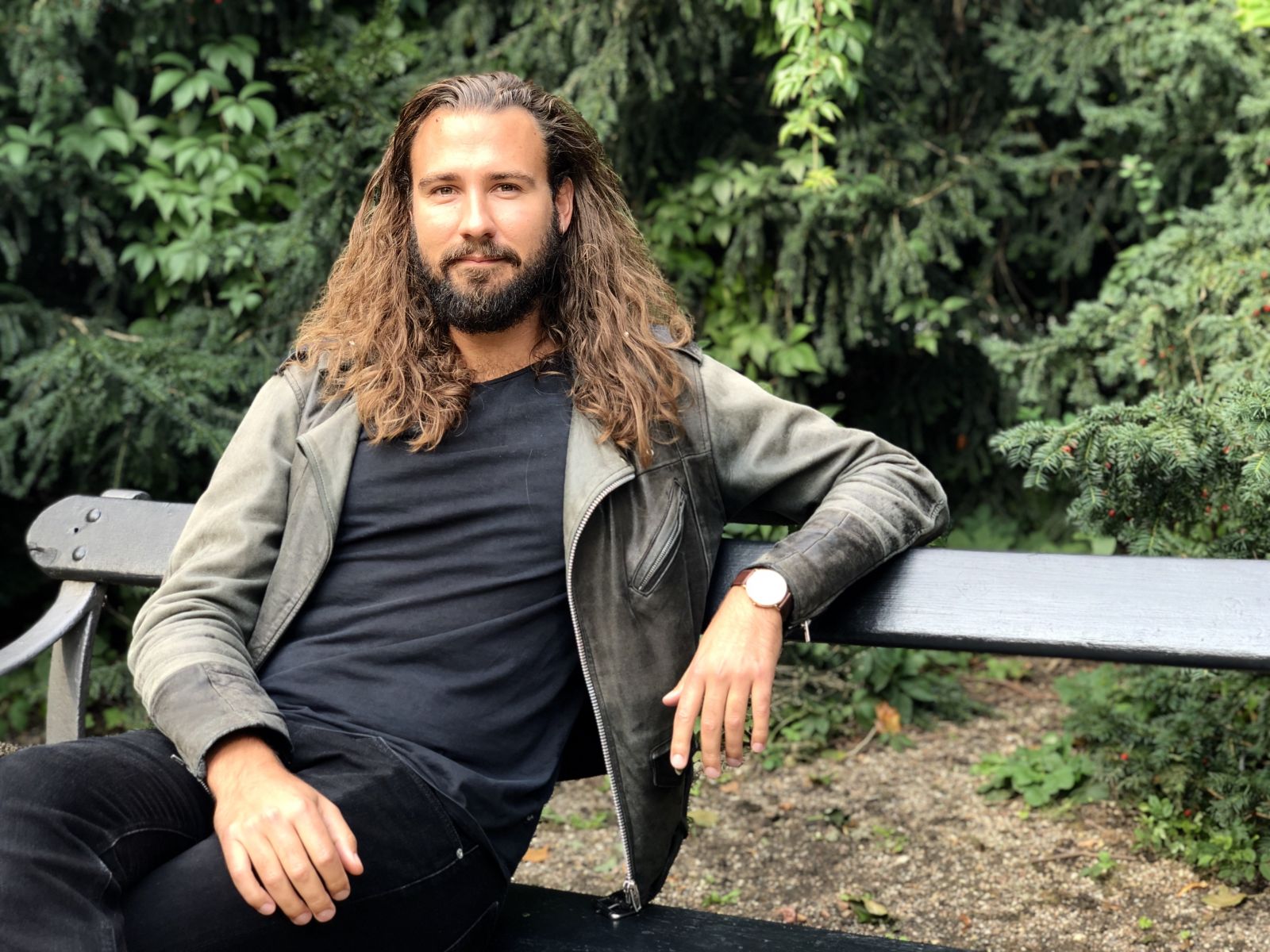
The proposal, forwarded throughout the researchers’ network, has spread nationwide.
“We would have been happy if just 50 people had signed the proposal, but more than 10 times as many have done so,” says Emil Husted and continues:
“For a long time, growth has been top priority and set the political agenda. And I’m not saying we should delete growth from the preamble, but we need something to match growth, and that’s sustainability.”
The proposal includes four bullet points that suggest different ways in which the state, in collaboration with the institutions of higher education, can approach the climate and biodiversity crises:
- The climate and biodiversity crises must be included in the preambles of the higher education institutions as central issues that the faculties, institutions and study programs have a duty to address based on their widely different disciplines.
- The state must allocate funding for developing subject-relevant content for teaching about the sustainable transition on all higher education programs.
- In the years ahead, a considerable proportion of the strategic research funding should be directed at projects that address the green transition based on perspectives from the humanities, social studies, health sciences and natural sciences.
- The sustainable operation of universities and university colleges must be included as goals in framework agreements with the ministry (with the corresponding resources for accomplishing the task) – e.g. in relation to travel activities, catering for events, biodiversity on our own areas, recycling and reuse of renewable energy.
“Time calls for collective and ambitious actions. We must therefore change our priorities from focusing on growth to focusing on the future of our planet,” says Emil Husted.
Read the feature article at Politiken.dk. (NB: it’s behind a paywall.)
Will changing the preamble create a slippery slope?
The three researchers wrote the feature article and proposal based on talks and discussions about sustainability and the role they can play as researchers. They were all rather frustrated about not being able to bring their professional skills into play.
“Previous open letters and roll calls about the climate crisis from researchers have addressed other people. Either the politicians should take action or the public should demonstrate, while practicing civil obedience. But none of those letters addressed the role of the university system,” says Emil Husted.
During the spring, the co-authors began piecing their amendments together into a framework proposal describing what the preamble should include. They forwarded the draft to various researchers to obtain their views on the outlines of the feature article. And some raised concerns about changing the preamble.
CBS is in a unique position to rethink itself as a business school. Because what is the role of a business school in a world where growth is not the most important aim?
Emil Husted
“Some argued that changing the preamble could create a centralistic slippery slope. Maybe someone would propose writing nationalism or Danishness into the preamble if changing it were an option,” says Emil Husted and continues:
“And that’s a legitimate concern. It’s just important to remember that the preamble is already open to changes. Politicians already decide on its contents. And if someone suggests adding something you disagree with, you can engage yourself in the debate.”
CBS in a world less focused on growth
Emil Husted hopes that the proposal and feature article will generate a debate on the role and focus of universities. He also hopes the Danish Minister for Higher Education and Science, Ane Halsboe-Jørgensen will give the proposal serious consideration.
“We can’t ask individual researchers or consumers to bear the responsibility for the green transition themselves. It’s a task we must do collectively. And right now, we are seeing a break from old habits, and an awareness of what can be done to propel the planet in a more sustainable direction,” he says.
Even if the Minister for Higher Education and Science doesn’t change the preamble, Emil Husted hopes that CBS will grasp the opportunity to rethink itself as a business school.
“CBS is in a unique position to rethink itself as a business school. Because what is the role of a business school in a world where growth is not the most important aim? Hopefully, we can have an open dialogue on that subject,” he says.





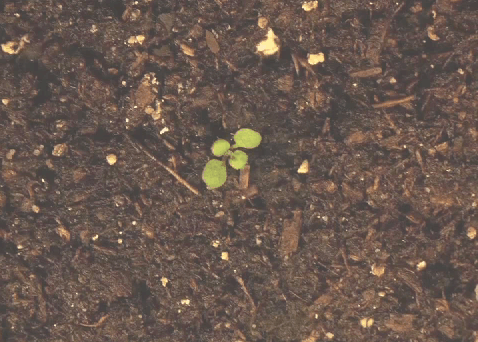
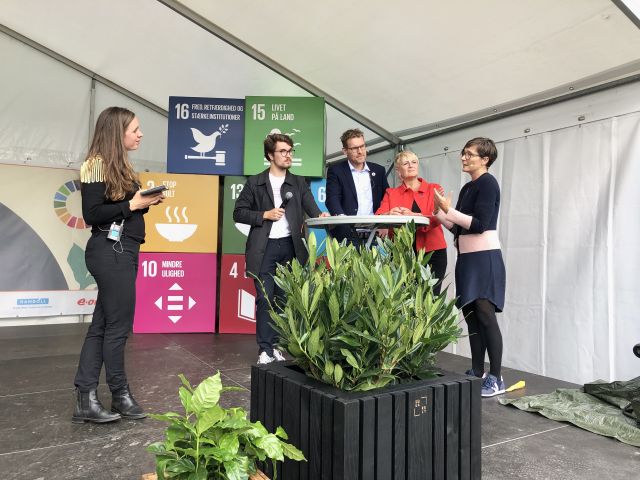

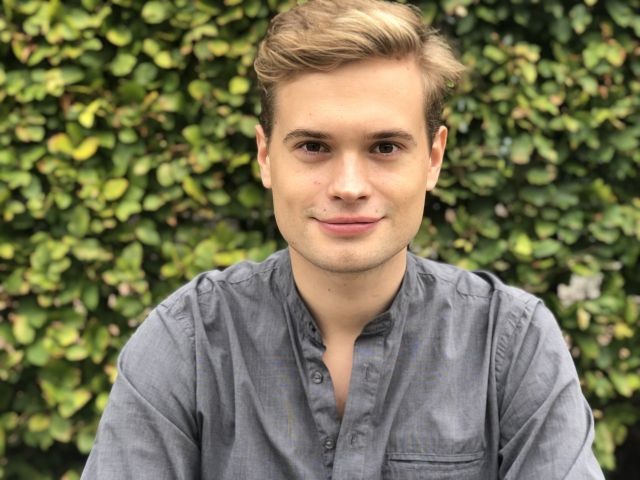





























































































































Comments